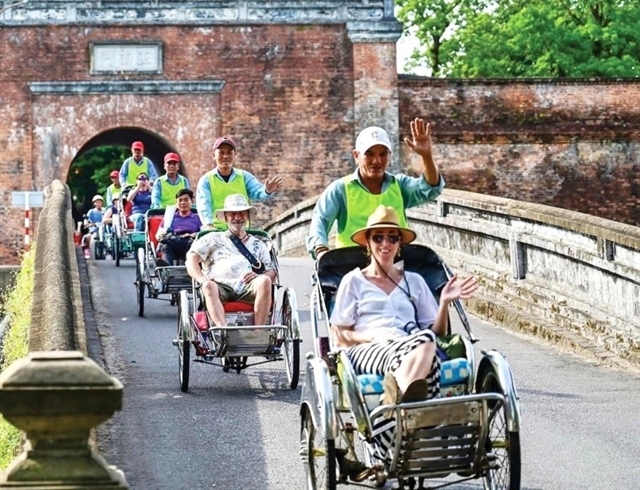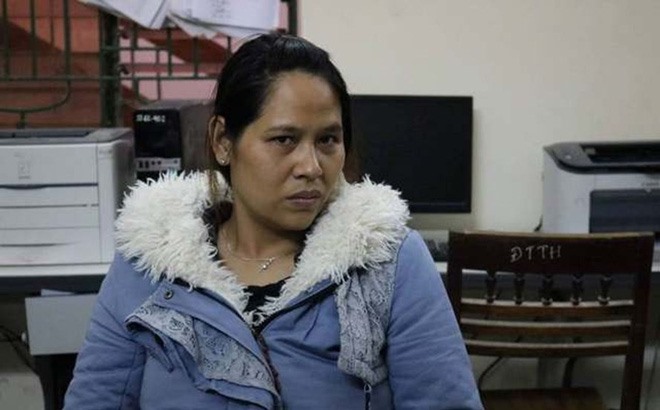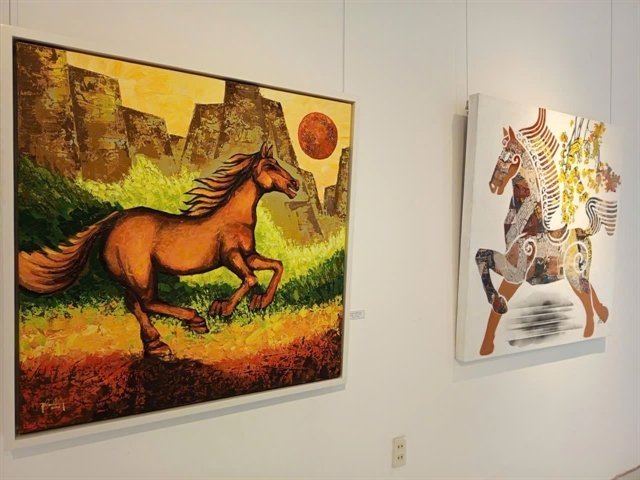 Society
Society

Police in Kỳ Sơn District, in the central province of Nghệ An, on Monday started criminal proceedings against a 32-year-old woman for allegedly sending pregnant women to China to sell their newborn babies.
 |
| Moong Thị Oanh. — Photo soha.vn |
NGHỆ AN — Police in Kỳ Sơn District, in the central province of Nghệ An, on Monday started criminal proceedings against a 32-year-old woman for allegedly sending pregnant women to China to sell their newborn babies.
Vice head of the district police, Lieutenant Colonel Lô Văn Thao, said that the suspect Moong Thị Oanh, of Hữu Lập Commune, faced charges of “organizing and/or coercing other persons to go abroad illegally.”
“As she is pregnant, she was placed under house arrest,” Thao said.
Oanh was born and grew up in the central province of Nghệ An. She married a Chinese man and lived in China for a number of years. It was reported that last year, she lured three pregnant women from the district to China where they would give birth and sell their newborn babies for VNĐ40-80 million (US$1,700-3,400).
On September 20, 2018, Oanh’s husband drove a group of pregnant Vietnamese women who agreed to sell their newborns in China’s Hebei Province. The vehicle was involved in an accident, killing one woman and leaving four others heavily injured.
Last Saturday, Oanh and other victims were rescued and taken to Việt Nam by officers from the Public Security Ministry’s Criminal Police Department, Nghệ An Province Police and Blue Dragon Children’s Foundation – a Hà-Nôi-based charitable organisation.
Late last year, local media reported that pregnant women from ethnic groups in Kỳ Sơn District were being persuaded to cross the border to China and sell their babies.
The victims are usually from poor families. Poor education, weak law enforcement and gender imbalance in destination countries are said to be major factors driving human trafficking.
Last month, the Ministry of Public Security directed local-level police agencies to intensify their fight against the trade of human infants after seeing the detection and handling of such crimes is increasingly challenging.
Colonel Nguyễn Hữu Cầu, director of Nghệ An Police Agency, said that the Criminal Code 2015 did not regulate the crime of buying and selling fetuses, so it was hard for investigation and handling of such cases.
It was also very difficult for functional forces to fight this kind of crime because the cases occurred in China, he said. — VNS




